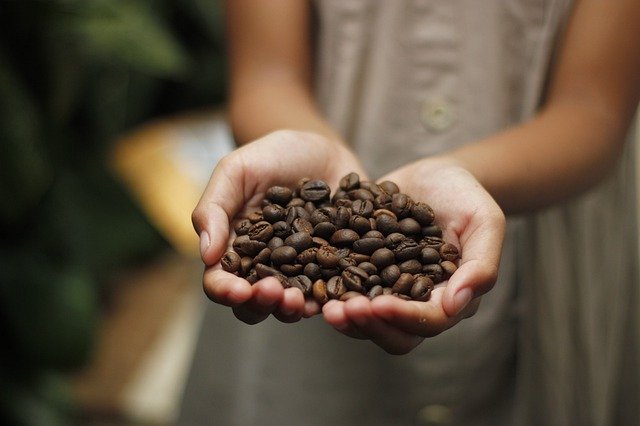As part of its Origin Grants program, Starbucks Corporation has invested over $14 million in nonprofits that help women and girls around the world. The company has just announced its goal to support an additional one million by 2030, largely focusing on communities that grow coffee, tea, and cocoa. One of its pilot programs includes working with women entrepreneurs in rural areas of Guatemala, in conjunction with the Wakami Foundation. The goal is to guide them to recruit their peers and produce top-notch marketable items that could potentially be sold globally. They are also developing plans which will use their agricultural backgrounds to raise and export new products.
Michelle Burns, Starbucks Executive Vice President of Global Coffee, Tea, and Cocoa and nonprofit Board Member, explains the rationale behind the project: “We have a vision to ensure a sustainable future of coffee for all…[that] goes beyond farmers and farm workers to also supporting the well-being of all those in coffee communities, helping everyone thrive.” She and the Starbucks team are proud of the opportunities women and girls are being given to engage in leadership within their communities which can significantly impact their futures.
